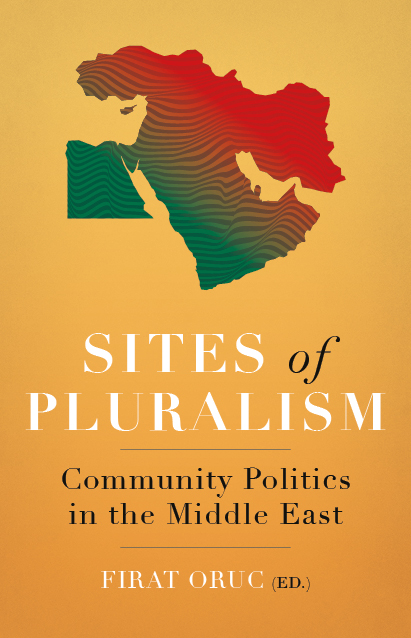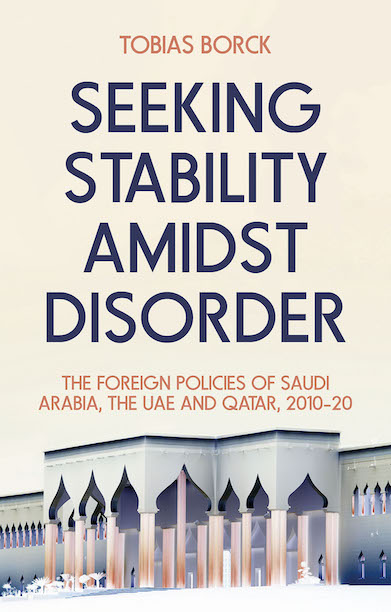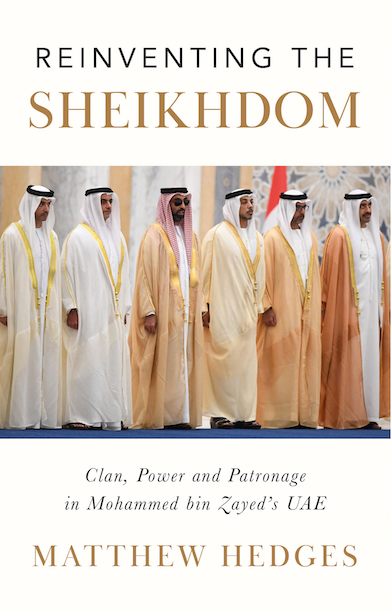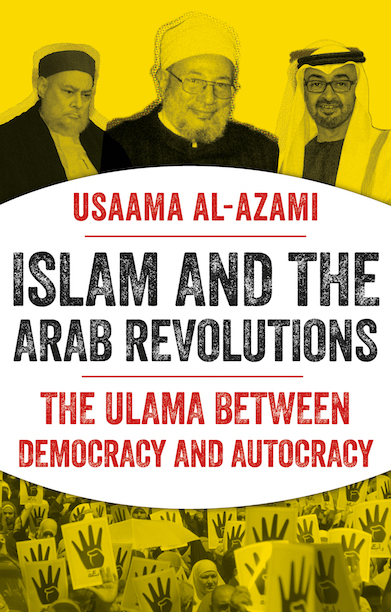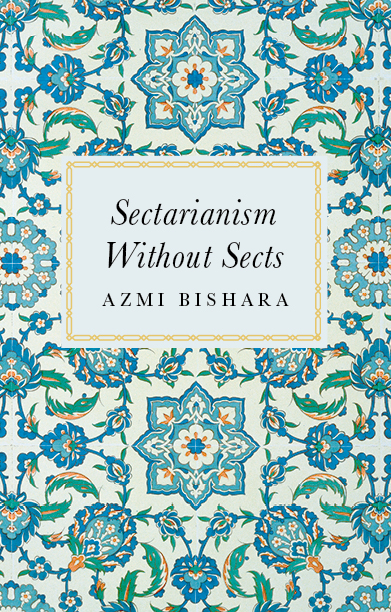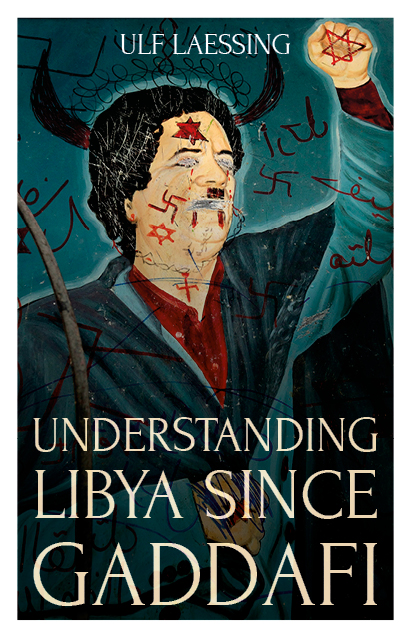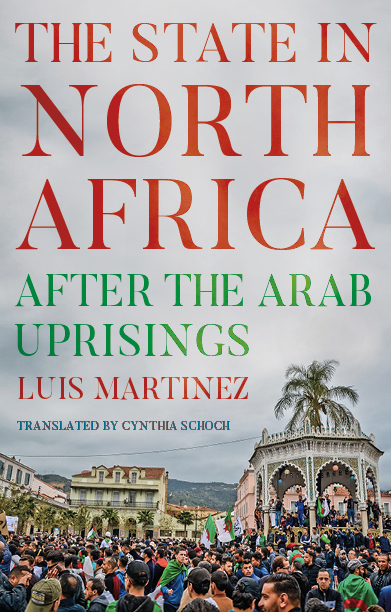Sites of Pluralism
Community Politics in the Middle East
Part of the Georgetown University, Center for International and Regional Studies, School of Foreign Service in Qatar seriesA critical examination of the concept of pluralism in the Middle East.
Description
Scholars and policymakers, struggling to make sense of the ongoing chaos in the Middle East, have focused on the possible causes of the escalation in both inter-state and intra-state conflict. But the Arab Spring has shown the urgent need for new ways to frame difference, both practically and theoretically.
For some, a fundamental incompatibility between different ethno-linguistic and religious communities lies at the root of these conflicts; these divisions are thought to impede any form of political resolution or social cohesion. But little work has been done to explore how these tensions manifest themselves in the communities of the Middle East.
Sites of Pluralism fills this significant gap, going beyond a narrow focus on ‘minorities’ to examine the larger canvas of community politics in the Middle East. Through eight case studies from esteemed experts in law, education, history, architecture, anthropology and political science, this multi-disciplinary volume offers a critical view of the Middle East’s diverse, pluralistic fabric: how it has evolved throughout history; how it influences current political, economic and social dynamics; and what possibilities it offers for the future.
Reviews
‘Across the Arab world, communities defined by ethnicity, tribe, religion and sect experience differential treatment politically, economically and socially. What explains such disparity? Sites of Pluralism is a timely volume addressing this question through numerous, detailed case studies.’ — Steven Vertovec, Director, Max Planck Institute for the Study of Religious and Ethnic Diversity
‘Oruc’s timely edited collection highlights the limitations of a Statist approach to understanding the Middle East and its interlocking identities. With well-written pieces by leading authorities, coherently welded together, the book provides fresh insights into long-standing conundrums.’ — Joshua Castellino, Executive Director, Minority Rights Group International, and Professor of Law, Middlesex University
Editor(s)
Firat Oruc is Assistant Professor at Georgetown University’s School of Foreign Service in Qatar. He specialises in cultural studies of the Middle East, global literatures, and world cinema.
